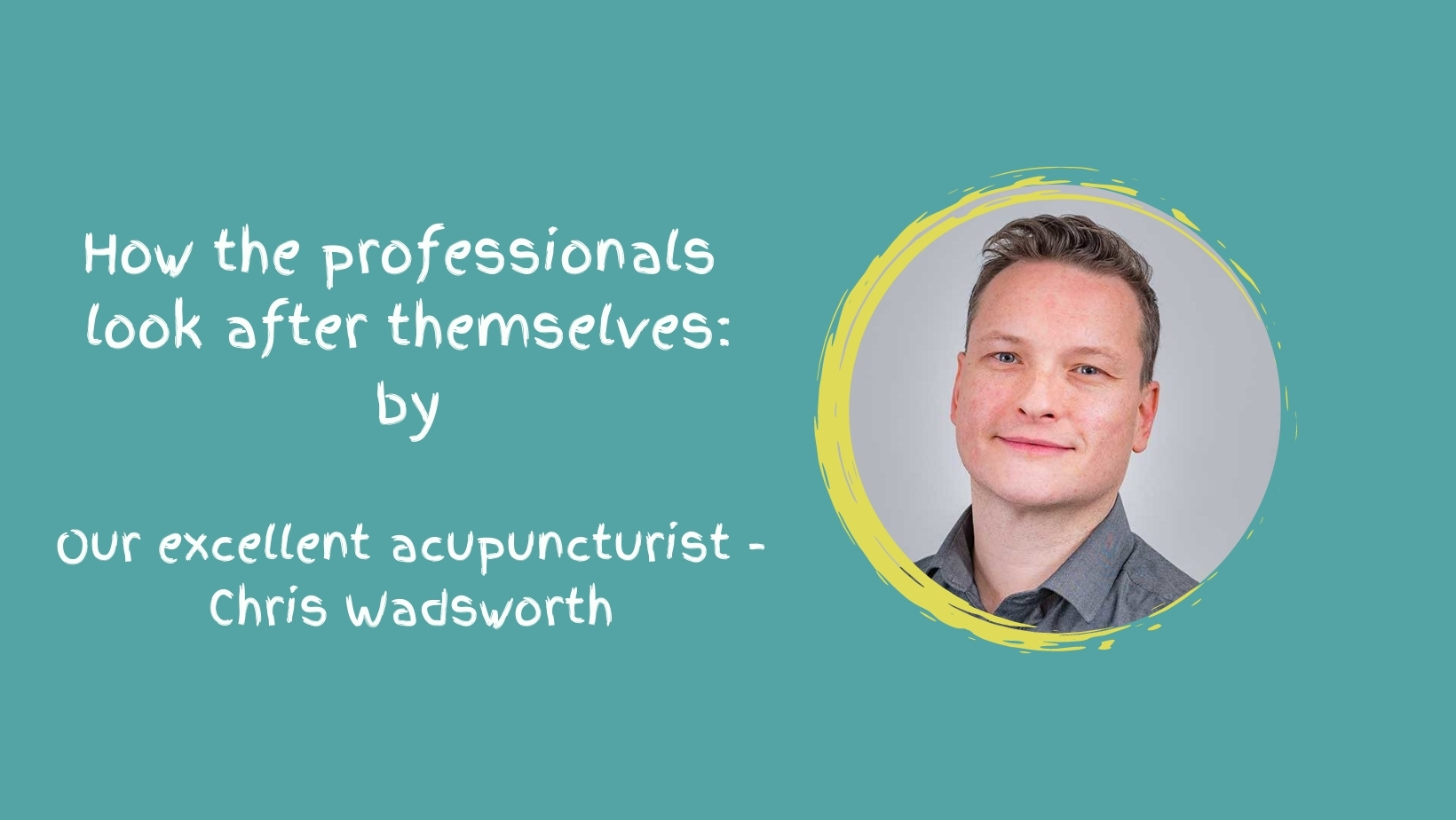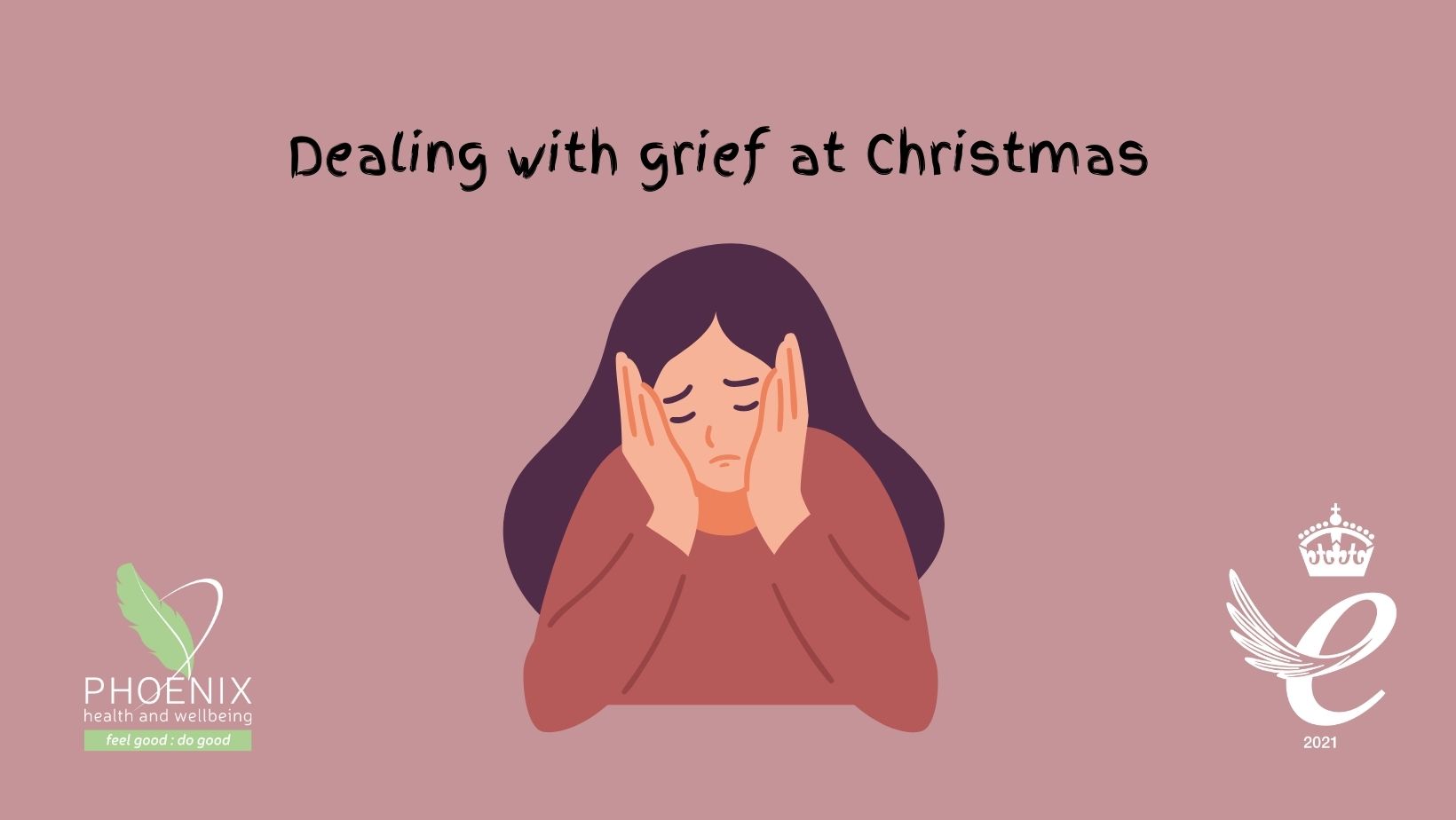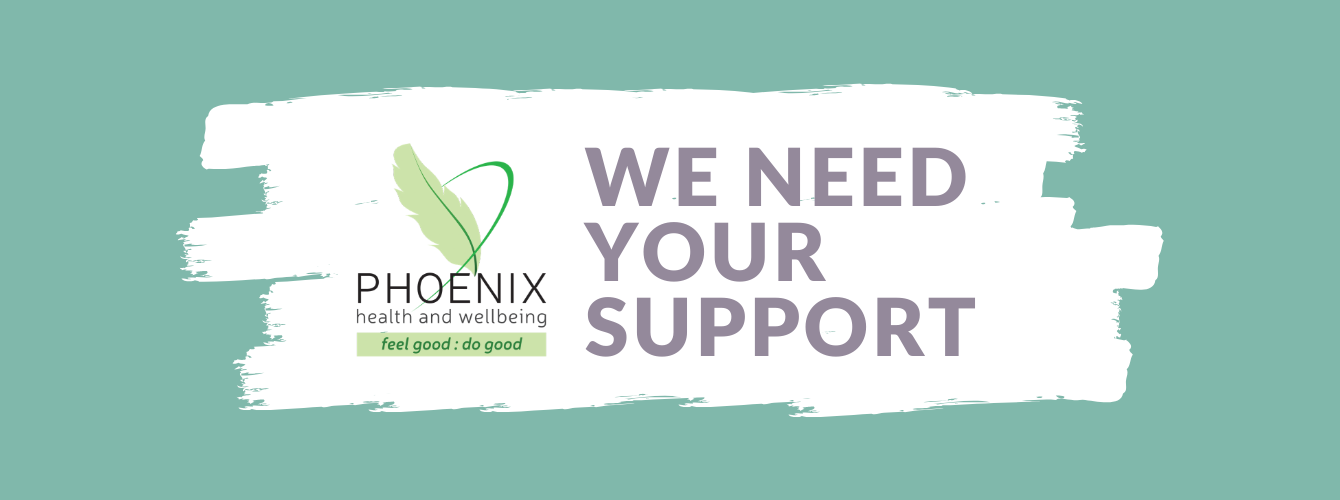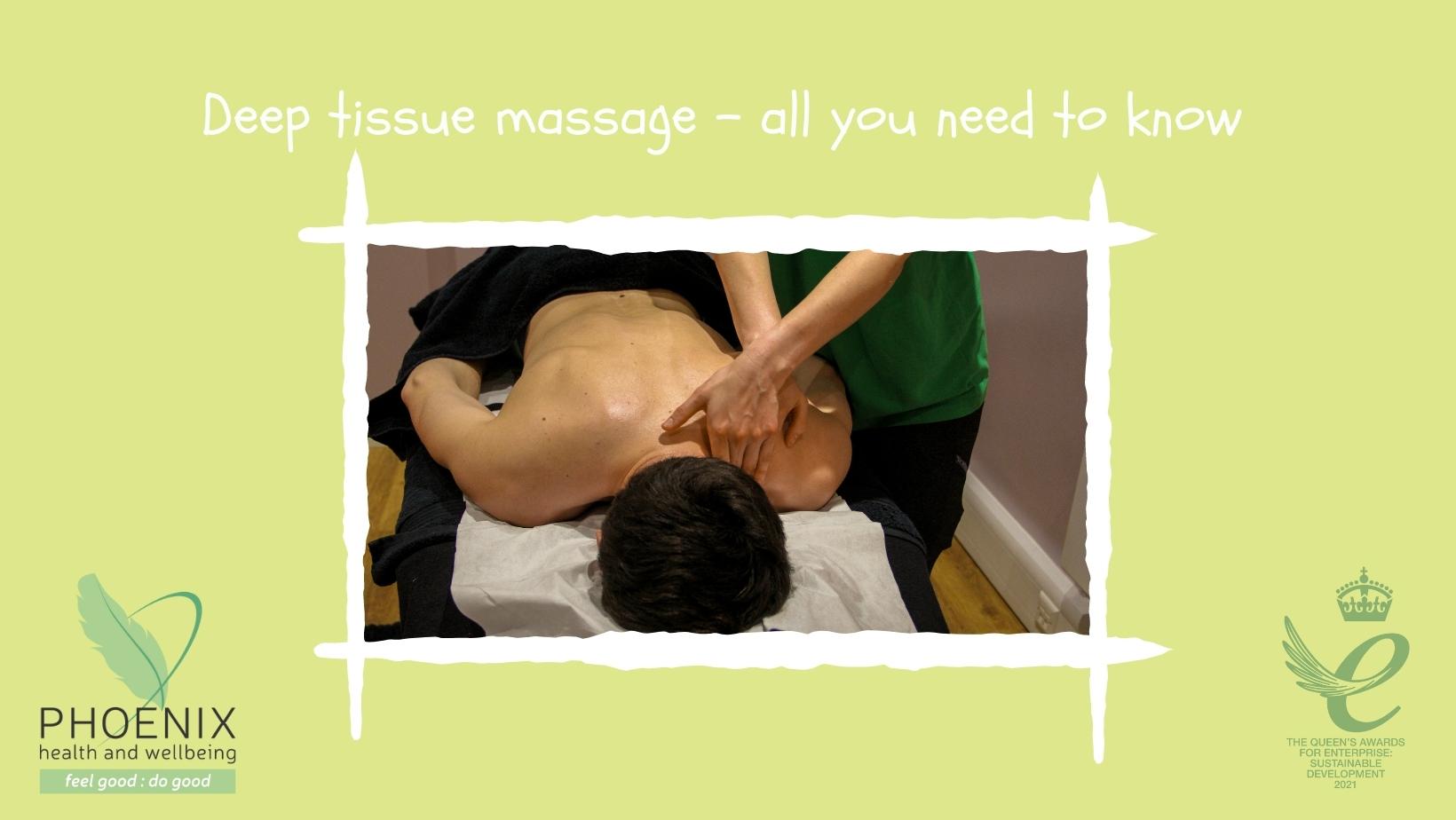
Vitamin D – the sunshine vitamin
Could you be low in Vitamin D?
Vitamins are organic compounds that we all need to stay healthy. We usually only need small quantities and quite often we can get as much as we need by having a healthy diet. All vitamins play a role in maintaining our health and wellbeing and Vitamin D is no exception to this.
What does Vitamin D do?
Vitamin D is essential to our health and wellbeing. It is needed to balance calcium and phosphorus in our body. This is essential for maintaining healthy bones, teeth and muscles. It also helps our body to absorb calcium along with other nutrients from our diets that keep our bones strong and healthy.
Signs that you might be deficient in Vitamin D
A long term deficiency in Vitamin D is very serious and can lead to bone disease such as rickets. Most of us will not have long term issues and so our symptoms may be more subtle.
There is some evidence to suggest that Vitamin D deficiency can lead to: fatigue, bone pain, muscle aches and pains and mood changes similar to depression.
The Cleveland Clinic has a very informative website. Take a look if you think you might be deficient
Vitamin D and COVID 19
There has been some initial suggestion that Vitamin D can help to improve outcomes for people with COVID 19. Dr Luke Powels explains the suggested link between Vitamin D and COVID 19 on the BUPA website
“There’s growing evidence that being deficient in vitamin D has a link to poorer outcomes with coronavirus. So far, this is circumstantial evidence. That means researchers have noticed a possible link, rather than evidence coming from clinical trials.
There’s not enough robust evidence yet for health authorities to recommend taking vitamin D to prevent or treat coronavirus. This may change as more evidence comes to light. But it’s important to remember that experts recommend daily vitamin D supplements for bone and muscle health anyway. This is more important than ever this year when many of us have been at home more. It’s worth taking for this reason alone, and if it does have further benefits, this will be an added bonus”
How do we get Vitamin D?
Nearly all of the vitamin D that we get is made in our body via sunlight. So you can probably see that there might be an issue with vitamin D levels when we live in the North of England and its February! We’ve had short days and low sunlight levels for about 4 months now. Added to this many of us spend our days inside and so don’t really get the sunlight on our skin – even on the odd days when it is shining!
Vitamin D and Diet
We can get a very small amount of Vitamin D from our diet but only about 10% of what we need. We can’t get enough from our diet alone.
According to the NHS website foods that are high in vitamin D include:
- Oily fish e.g. sardines, salmon and mackerel
- Mushrooms
- Cheese
- Milk
- Butter
How much sunshine is needed?
The best way to increase vitamin D levels is to go out into the sunshine for short periods of time. Getting about 15 to 20 minutes of sunshine 3 or 4 ties a week is usually enough. You just need to get the sunlight onto the areas of your skin that are often exposed to it – so your forearms, hands and lower legs for example. In the summer months from April to the end of September we probably all get enough exposure to sunlight to make as much Vitamin D as we need.
How to get more Vitamin D in the winter months?
Well, the obvious answer is to go somewhere sunny! I’m being flippant as many of us don’t have the option of going off somewhere where the sun is shining. If we can’t head off to the sun, then the official Public Health England advice is that we should take a daily supplement of Vitamin D in the winter months.
How much Vitamin D should we take?
Public Health England recommends that all adults take a 10 micrograms supplement of Vitamin D during the winter months – so from October to the end of March.
For some groups this is advisable all year round:
- people who do not go outside,
- wear clothes that cover most of their skin,
- are from minority ethnic groups with dark skin
- are pregnant or breast feeding
Do’s and don’ts
Do’s
- get outside in sunlight as often as you can and let the light get to your skin
- wear a sunscreen in strong sunlight – the World Health Organisation recommends a sunscreen with a protection factor of 15 (SPF 15)
- try to eat foods that are high in vitamin D
- take a supplement of 10 micrograms of Vitamin D during the winter months
Don’ts
- take more than 10 micrograms of Vitamin D unless advised otherwise by your Doctor. It is possible to take too much and that can also be harmful to health
- Get sunburned!
So – go outside and enjoy nature, take your supplement and enjoy the creeping progress of Spring!
Needless to say, if you have any health concerns then contact your GP.
___________________________________________________________________________
Phoenix Health & Wellbeing is a Charity and social enterprise. We use the proceeds of your treatment to subsidise those who would not otherwise be able to access our therapies. Roughly £4 to every £10 spent with us will go to help others.
If you would like more information about Phoenix Health and Wellbeing click here . If you would like to know more about our other therapies click here. For information on our charitable work follow this link or call us on 0113 234 0181
Opening times:
Monday to Thursday from 10:00 to 20:00
Friday and Saturday from 11:00 to 16:00
Sunday closed.




